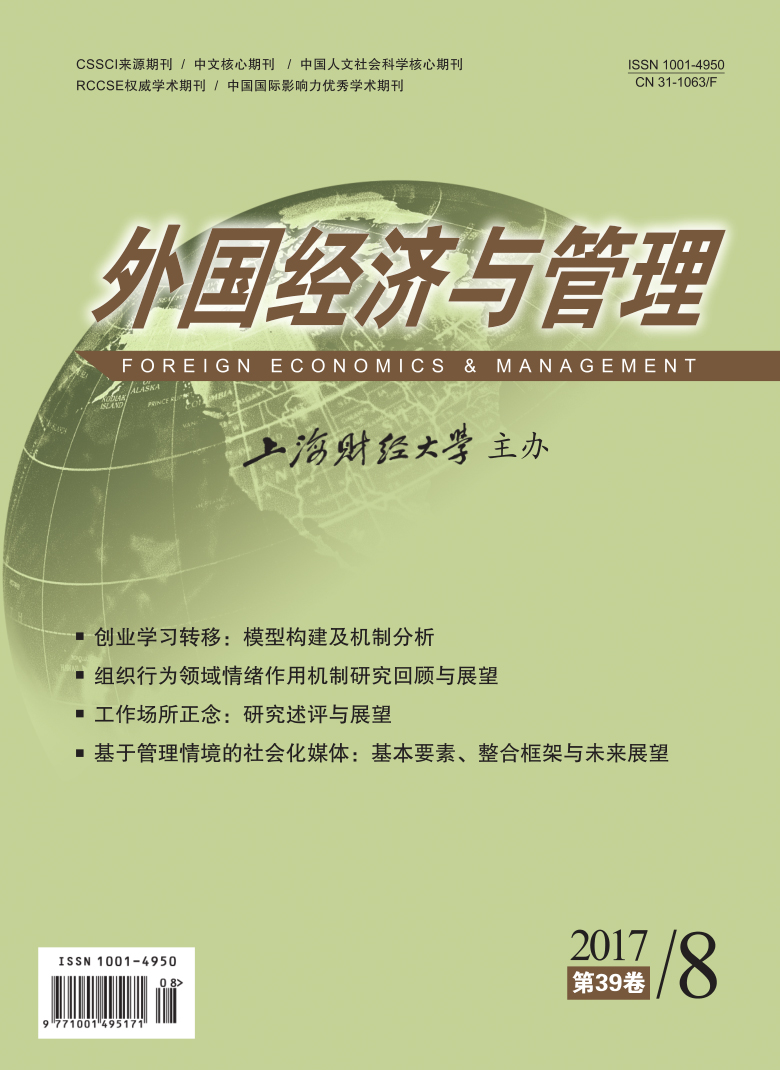In face of prisoners-based social dilemmas, the mainstream theories follow a tradition of Pigou theory, and focus on establishing the game rule (punishment or reward) to make players " telling the truth” for induce them to cooperate from a perspective of institutional design. However, more and more studies show that the effect of the same rule on the level of cooperation is greater when it is chosen endogenously by group members than when it is exogenously imposed. That is endogeneity premium. This paper focuses on that the ways to establish game rules can promote cooperation resulting in a premium phenomenon. Firstly, it sorts out the relevant field and laboratory findings to indicate the prevalence of endogeneity premium in western society, and also analyzes the causal mechanisms of premium and its context-dependent feature. Secondly, it highlights the existence of cross-cultural differences which means the cooperation performance is higher under exogenously imposed institution in the eastern society. Hereto, it proposes the legitimacy identity based on procedural fairness acquiring from different cultural traditions as the fundamental research route which provide a more reasonable perspective for the interpretation of the cross-cultural differences. Finally, based on a brief summary of research conclusions of endogenous institutional performance and their limitations, this paper makes prospects for the future study.
 / Journals / Foreign Economics & Management
/ Journals / Foreign Economics & ManagementForeign Economics & Management
JIN Yuying, Editor-in-Chief
ZhengChunrong, Vice Executive Editor-in-Chief
YinHuifang HeXiaogang LiuJianguo, Vice Editor-in-Chief
Endogeneity or Top-bottom Premium? An Cross-cultural Comparison Perspective Based on Endogenous Institutional Selection
Foreign Economics & Management Vol. 39, Issue 08, pp. 115 - 128 (2017) DOI:10.16538/j.cnki.fem.2017.08.009
Abstract
References
Abstract
Cite this article
Li Zhiyun, Zhang Wenjie, Zhu Xianchen. Endogeneity or Top-bottom Premium? An Cross-cultural Comparison Perspective Based on Endogenous Institutional Selection[J]. Foreign Economics & Management, 2017, 39(8): 115–128.
Export Citations as:
For





 8576
8576  8347
8347

